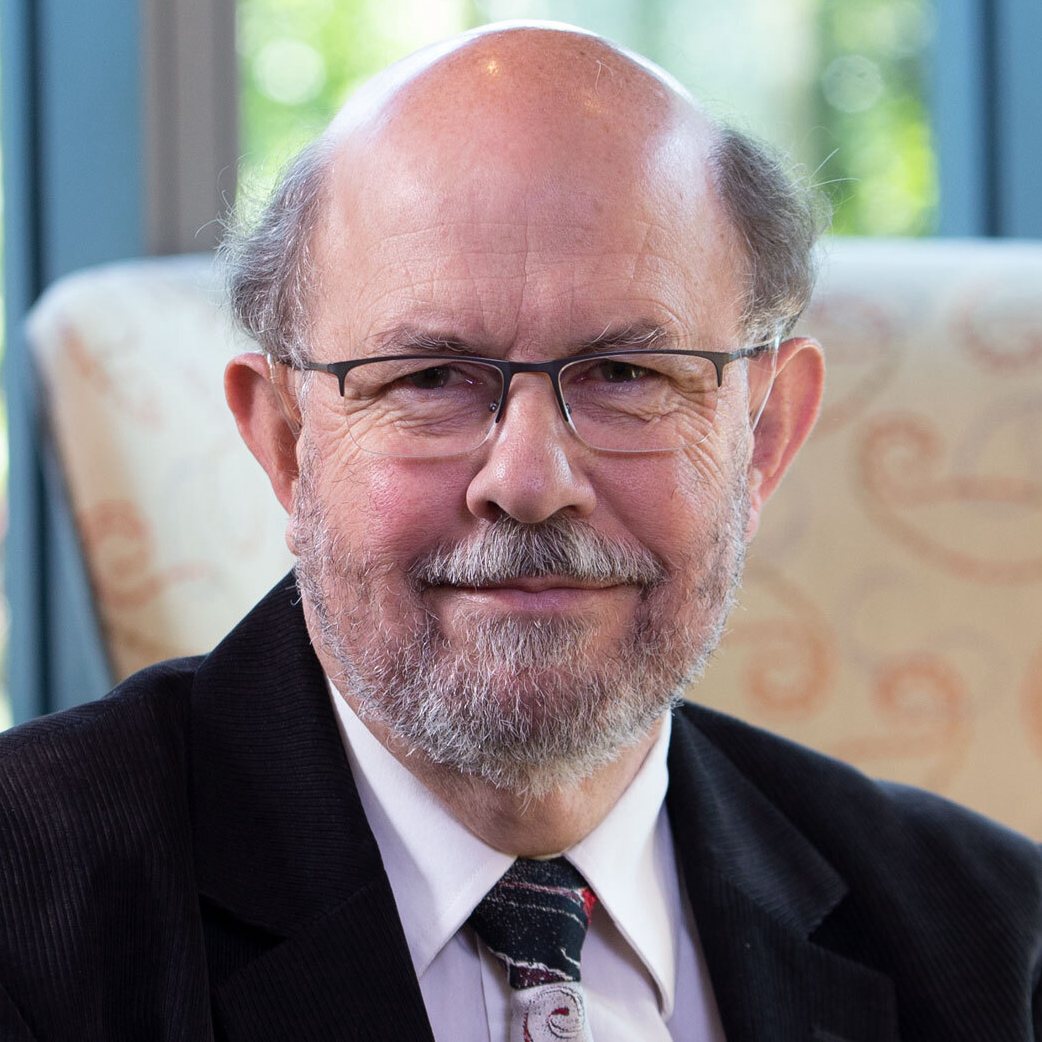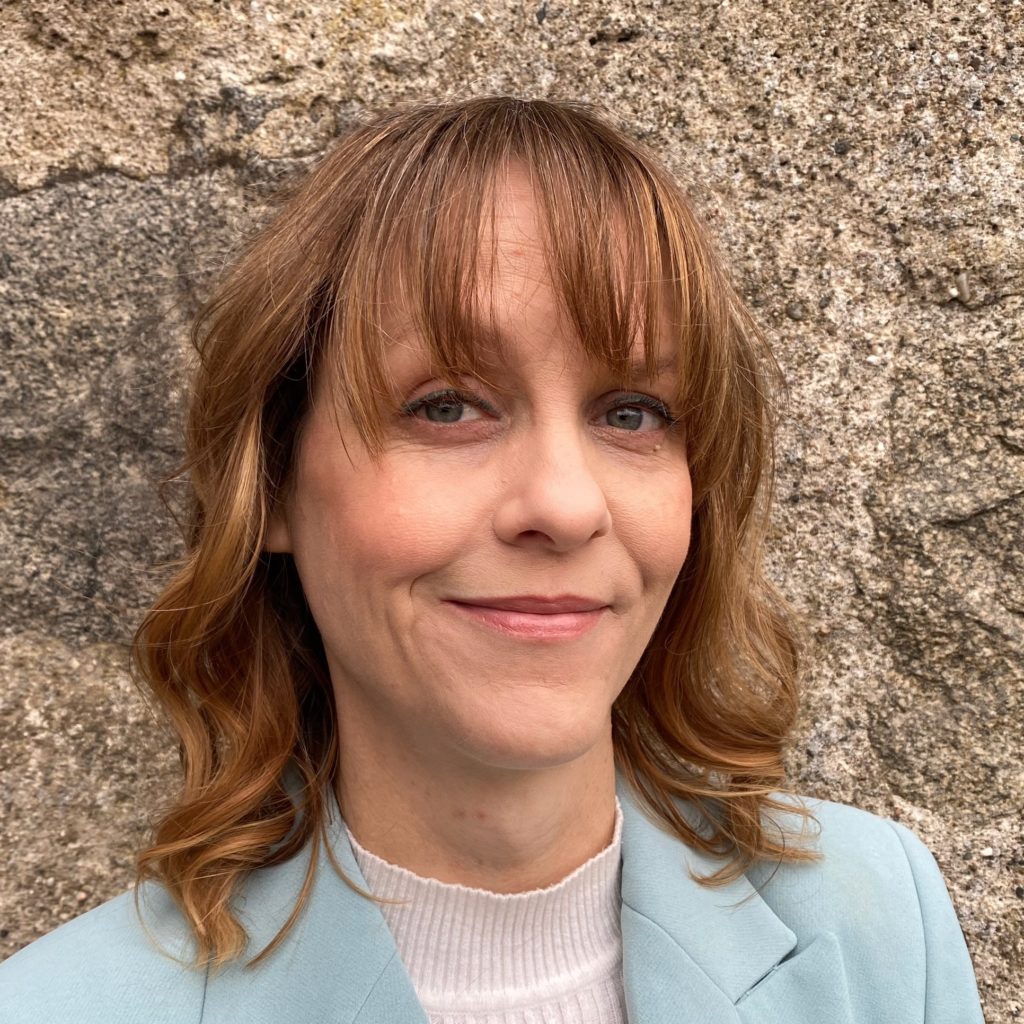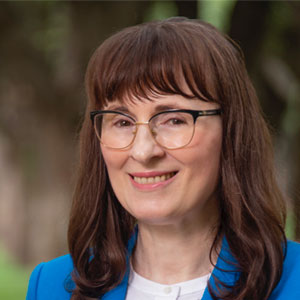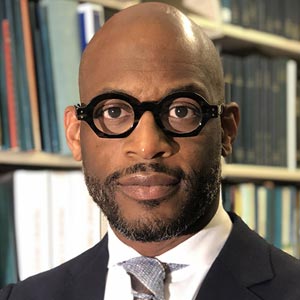Lorem ipsum dolor sit amet, consectetur adipiscing elit, sed do eiusmod tempor incididunt ut labore et dolore magna aliqua. Ut enim ad minim veniam, quis nostrud exercitation ullamco laboris nisi ut aliquip ex ea commodo consequat. Duis aute irure dolor in reprehenderit in voluptate velit esse cillum dolore eu fugiat nulla pariatur. Excepteur sint occaecat cupidatat non proident, sunt in culpa qui officia deserunt mollit anim id est laborum.
The Center for Barth Studies at Princeton Theological Seminary is pleased to announce the sixth Karl Barth Graduate Student Colloquium to be held on June 11–14, 2024 at Princeton Theological Seminary. In celebration of the 90th anniversary of the Barmen Declaration, this year’s theme is centered around critical engagement with this confessional statement. The colloquium will share two common texts for the 2024 meeting including The Barmen Declaration and Eberhard Busch’s The Barmen Theses Then and Now.
We are inviting current graduate students and recent graduates in the disciplines of theology, ethics, biblical studies, religion, and political theology/philosophy. While we expect that all applicants will closely read the assigned common texts in advance of the colloquium, paper topics are for the participants own choosing insofar as they engage themes relevant to the topic of the colloquium. Papers, therefore, are encouraged to be primarily constructive and thesis-driven, not exegetical. We hope that this set-up will foster fruitful and constructive conversations about the merits, utility, and limits of this confessional statement for questions in the here and now. Potential paper topics include but are not limited to the following: nationalism, idolatry, ideology, ecumenism, Church creeds and confessions, prayer, ecclesiology and the church’s mission, comparative theologies, supersessionism, anti-semitism, and Jewish studies.
Over the course of three days, participants will have the opportunity to engage in an intensive student-led seminar and to get to know other up-and-coming Barth scholars. During the day, participants will take turns presenting papers and leading group discussion. Two senior scholars will supplement the student-led day sessions by providing evening lectures and opportunities to further the conversation.
Application Information: This colloquium is open to any doctoral student whose dissertation project interacts with some aspect of Karl Barth’s theology. ABD is preferred, but exceptional Masters students will be considered. Recent graduates may also apply. Applicants are required to submit a CV and a statement of interest no longer than 750 words explaining how participating in this colloquium would contribute to their research plans. Applications should be sent to barth.center@ptsem.edu no later than Friday, March 29, 2024. Notification of acceptance will be sent by Friday, April 12, 2024. For the colloquium, participants will prepare to present a 20–25 minute paper on a topic of their choice relevant to the theme and lead the discussion that follows.
We particularly welcome and encourage proposals for this year’s colloquium from women, people of color, those who are a part of the LGBTQI+ community, international students from the majority world, and others who are a part of marginalized communities—those whose voices are often, and have long been, and continue to be underrepresented within the theological academy, and Barth studies in particular.
Cost: The colloquium begins Wednesday morning and concludes on Friday evening. All food and lodging during the colloquium will be provided. Lodging will begin on Tuesday evening, June 11. Travel is also included.
Questions?: For more information email barth.center@ptsem.edu.

Rimmer and Ruth de Vries Professor of Reformed Theology and Public Life, Princeton Theological Seminary
Dirk J. Smit holds an MA (philosophy, Stellenbosch), DTh (Stellenbosch), DPhil (h.c.) (Umeå, Sweden), and PhD (h.c.) (Protestant Theological University, Groningen). His appointments include honorary professor of the Humboldt University, Berlin (Germany), extraordinary professor of Stellenbosch University (South Africa), fellow of the Institute for Advanced Study, Berlin (Wissenschaftskolleg zu Berlin), and member of the Academy of Science of South Africa (ASSAf). Smit comes to Princeton Seminary from Stellenbosch University in South Africa, where he served as professor of systematic theology. Before his appointment to Stellenbosch, Smit served on the faculty at the University of the Western Cape. He has also served as a pastor.
Over the past three decades, Smit has emerged as one of South Africa’s most significant theologians. He has written extensively, in both English and Afrikaans, on the legacy of the Reformed tradition and its relevance to contemporary theological, social, and political questions. He has been a particularly prominent and influential voice in the church’s repudiation of apartheid. Smit was one of the primary authors of the Belhar Confession. Written in 1982 and adopted by the Dutch Reformed Mission Church in 1986, the Belhar Confession boldly declared the sinfulness of apartheid and was a call for justice, reconciliation and unity among all people. It has recently been adopted as part of the PC (USA) Book of Confessions. His teaching, supervision, research and popular writing all draw on experience in ecumenical theology and the church’s public witness in South Africa.

Title, Institution
Lorem ipsum dolor sit amet, consectetur adipiscing elit, sed do eiusmod tempor incididunt ut labore et dolore magna aliqua. Ut enim ad minim veniam, quis nostrud exercitation ullamco laboris nisi ut aliquip ex ea commodo consequat. Duis aute irure dolor in reprehenderit in voluptate velit esse cillum dolore eu fugiat nulla pariatur. Excepteur sint occaecat cupidatat non proident, sunt in culpa qui officia deserunt mollit anim id est laborum.

Title, Institution
Lorem ipsum dolor sit amet, consectetur adipiscing elit, sed do eiusmod tempor incididunt ut labore et dolore magna aliqua. Ut enim ad minim veniam, quis nostrud exercitation ullamco laboris nisi ut aliquip ex ea commodo consequat. Duis aute irure dolor in reprehenderit in voluptate velit esse cillum dolore eu fugiat nulla pariatur. Excepteur sint occaecat cupidatat non proident, sunt in culpa qui officia deserunt mollit anim id est laborum.

Title, Institution
Lorem ipsum dolor sit amet, consectetur adipiscing elit, sed do eiusmod tempor incididunt ut labore et dolore magna aliqua. Ut enim ad minim veniam, quis nostrud exercitation ullamco laboris nisi ut aliquip ex ea commodo consequat. Duis aute irure dolor in reprehenderit in voluptate velit esse cillum dolore eu fugiat nulla pariatur. Excepteur sint occaecat cupidatat non proident, sunt in culpa qui officia deserunt mollit anim id est laborum.
12:00 PM
Check-in begins at the Erdman Center
6:30–8:30 PM
Welcome dinner
8:00–8:45 AM
Breakfast
8:45–9:30 AM
Introductions
9:30–10:00 AM
Break
10:00–11:00 AM
Presentation 1
11:00 – 12:00 PM
Presentation 2
12:00 – 1:00 PM
Lunch
1:15–2:15 PM
Presentation 3
2:15–2:45 PM
Break
2:45–3:15 PM
Presentation 4
3:30–4:30 PM
Presentation 5
4:30–6:30 PM
Break
6:30–8:30 PM
Dinner
8:00–9:00 AM
Breakfast
9:00–10:00 AM
Presentation 6
10:00–10:30 AM
Break
10:30–11:30 AM
Presentation 7
12:00–1:00 PM
Lunch
1:00–2:00 PM
Presentation 8
2:00–2:30 PM
Break
2:30–3:30 PM
Presentation 9
3:30–4:30 PM
Presentation 10
4:30–5:30 PM
Break
5:30–7:00 PM
Lecture
7:00–9:00 PM
Dinner
8:00–9:00 AM
Breakfast
9:00–10:00 AM
Presentation 11
10:00–10:30 AM
Break
10:30–11:30 AM
Presentation 12
12:00–1:00 PM
Lunch
1:00–2:00 PM
Presentation 13
2:00–2:30 PM
Break
2:30–3:30 PM
Presentation 14
3:30–4:00 PM
Closing Remarks
From Newark Liberty International Airport The Olympic Airporter shuttle service takes you to the Nassau Inn in Princeton; call for schedule and reservations: 800.822.9797 (within the United States) or 732.938.6666 (outside the United States), or visit www.olympicairporter.com The AirTrain takes you from all airport terminals to the Newark Liberty International Airport Train Station. Take New Jersey Transit southbound (Northeast Corridor Line) trains to Princeton Junction. From Princeton Junction take the train to Princeton Station. From Philadelphia International Airport Take the R1 High Speed Rail Line (entrance on pedestrian bridges and commercial roadway), limousine service (The Olympic Airporter; call for reservations: 800.822.9797 within the United States or 732.938.6666 outside the United States, or visit www.olympicairporter.com), or local taxi service to 30th Street Station in Philadelphia, where you can purchase a SEPTA/New Jersey Transit ticket to take a SEPTA train to Trenton and a New Jersey Transit train to Princeton Junction. From Princeton Junction take the train to Princeton Station.
From Port Authority Bus Terminal in New York City (41st Street and 8th Avenue) Purchase a Suburban Transit bus ticket to Princeton at windows 16 through 19 on the first floor. Board the bus on the third floor (fourth level) at gates 420 through 422. The bus leaves every half hour between 6:00 a.m. and 11:00 p.m. on weekdays and between 9:00 a.m. and 11:00 p.m. on weekends, and every half hour on the hour until 1:00 a.m. The trip is one and one-half hours. Ask the driver to let you off at the end of Nassau Street where it meets Mercer Street and Route 206 in Princeton, and walk to the Seminary.
From New York City (and north) and Philadelphia (and south) New Jersey Transit services Princeton from the north (New York City, Newark), with connecting service from the south (Trenton, Philadelphia, Baltimore, Washington DC). Amtrak trains stop in Trenton, and some at Princeton Junction.
From the North/New York City Take the New Jersey Turnpike South to Exit 9 (New Brunswick). After the toll booths, bear right onto the ramp for Route 18 North. Shortly after getting onto Route 18 North the road will fork; stay to the left of the fork, in the right lane. Bear right onto this exit for Route 1 South/Trenton. Follow Route 1 South to Alexander Road (Princeton). Turn right onto Alexander Road and continue to the entrance of Princeton Seminary, which is the first left turn after College Road (Alexander Road will be Alexander Street at this point). From the West Take I-78 East into New Jersey. Exit onto I-287 South toward Somerville. Follow signs for Routes 202/206 South. Travel south on 202 for a short distance and then follow signs for Route 206 South. You will go around a traffic circle. Continue south on Route 206 for about eighteen miles to Nassau Street (Route 27) in the center of Princeton. Turn left onto Nassau Street and the first right onto Mercer Street and continue to the main entrance of Princeton Seminary, which will be on your left. From the South From southern New Jersey take I-295 North (becomes I-95 South) to the “Princeton Pike North” exit and continue on Princeton Pike for approximately five miles. Immediately after passing Library Place (on the left), the main entrance to the campus will be on your right. From the East Take I-95 West toward Trenton to the exit for I-295 North (becomes I-95 South) to the “Princeton Pike North” exit and continue on Princeton Pike for approximately five miles. Immediately after passing Library Place (on the left), the main entrance to the campus will be on your right. From Philadelphia Take I-95 North into New Jersey and exit at “Princeton Pike North” and continue on Princeton Pike for approximately five miles. Immediately after passing Library Place (on the left), the main entrance to the campus will be on your right.
If you have any questions or concerns, email us at barth.center@ptsem.edu or call us at 609-524-1981. Please allow at least three business days for an email response.

Director, Center for Barth Studies
Kaitlyn Dugan is the Director of the Center for Barth Studies, which involves managing the daily operations, programs, and conferences of the center as well as curating, preserving, maintaining, and developing Princeton Theological Seminary’s Barth Special Research Collection. She is grant co-author for the $300,000 Scholarly Editions and Scholarly Translations grant awarded by the National Endowment for the Humanities to the Karl Barth Translator’s Seminar in 2019. She earned a Bachelor of Arts in philosophy and political science from Taylor University, a Master of Arts in theology from Gordon-Conwell Theological Seminary, a Master of Divinity from Princeton Theological Seminary, and received her PhD in systematic theology from the University of Aberdeen in June 2022. Her dissertation research focuses on developing a constructive theological account of death informed by Pauline apocalyptic theology and is titled “The Enduring Enemy: Towards An Apocalyptic Theology of Death.” She is currently working towards publishing her dissertation. Kaitlyn is a member of St. James Presbyterian Church (PCUSA) in Harlem, New York City.
Check out her Twitter here: twitter.com/kaitdugan.
Center for Barth Studies at
Princeton Theological Seminary
P.O. Box 821
Princeton, NJ 08542
p: 609.524.1981
e: barth.center@ptsem.edu
© Princeton Theological Seminary